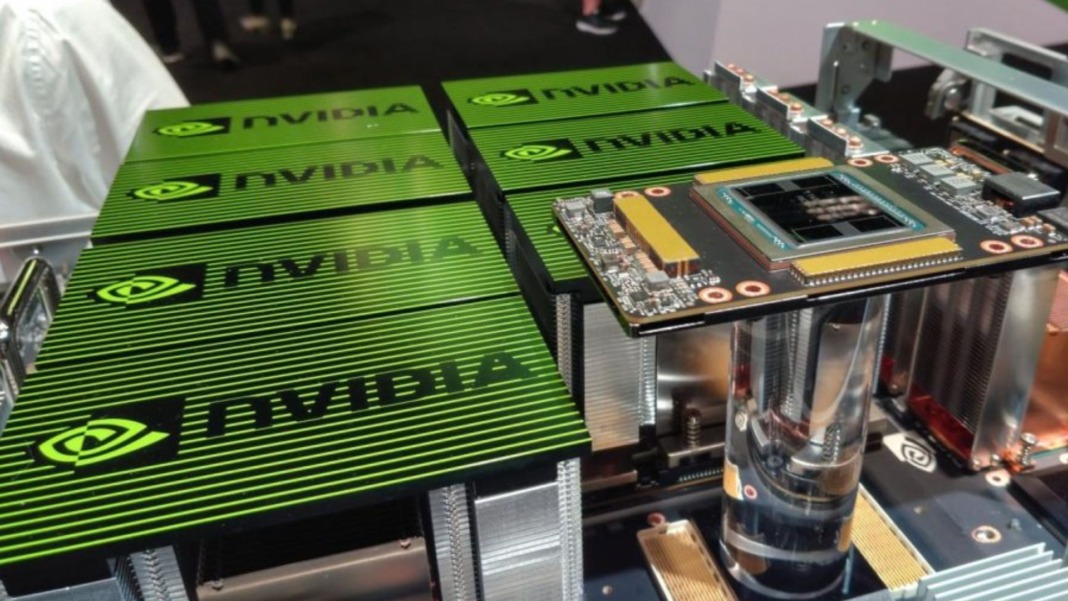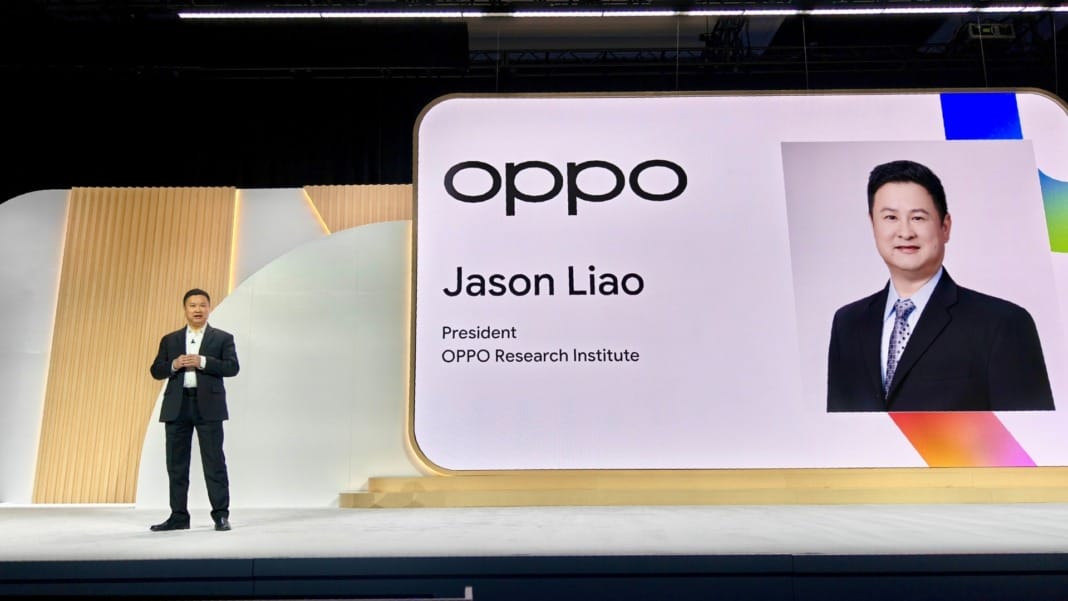In a move that could reshape the AI chip landscape, the United States government has placed a licence requirement on Nvidia’s H20 chip exports to China. This decision will affect how and where the company can sell one of its most advanced AI chips, and it’s expected to have a financial impact in the billions.
Licence needed for all H20 exports to China
You’ll need government approval if you’re Nvidia and want to export H20 chips to China. On Tuesday, June 4, Nvidia confirmed in a filing that US officials had informed the company that it must now obtain a licence to ship the chips to the Chinese market. This rule takes effect immediately and applies indefinitely.
The reason? The US government said there is a “risk that the [H20] may be used in […] a supercomputer in China.” That means the chip could potentially help fuel technological advances the US is trying to keep under control, especially regarding military or national security applications.
The H20 chip is currently the most powerful AI chip Nvidia can export to China under US regulations. These rules were introduced as part of wider efforts to limit China’s access to advanced semiconductor technologies that could be used in sensitive projects.
Financial hit and market response
This new export restriction won’t change where Nvidia sends its chips, but it’s also expected to impact the company’s bottom line. Nvidia estimates it could face charges of up to US$5.5 billion in its Q1 2026 fiscal year, which ends on April 27.
That financial forecast has already caused a ripple effect in the markets. Nvidia’s stock dropped about 6% during extended trading hours on Tuesday after the news broke. Investors are concerned about the impact on Nvidia’s business in China, one of the world’s largest markets for AI technology.
Political ties and plans to manufacture in the US
Interestingly, the announcement came shortly after reports that Nvidia CEO Jensen Huang may have tried to ease tensions during a recent dinner with former President Donald Trump at his Mar-a-Lago resort. According to NPR, Huang had reportedly suggested Nvidia would invest in AI data centres in the US, which might have softened the government’s stance.
On Monday, June 3, Nvidia announced it would spend hundreds of millions of dollars over the next four years to manufacture some of its AI chips in the US While the company didn’t offer many details about this new investment, it may have been a move to show support for US industry and keep regulators on the side.
Still, that announcement didn’t come in time to avoid the new licence rule. The pressure had been mounting for weeks. Several US officials had been calling for tighter controls on the H20 chip, especially after it was linked to China-based AI startup DeepSeek.
Reports suggest that DeepSeek may have used the H20 chip to train advanced AI models, including the R1 model. That model, known for its powerful reasoning abilities, caught the tech industry’s attention and sparked concerns in Washington earlier this year.
As U.S.-China tech tensions continue to grow, companies like Nvidia are being forced to navigate an increasingly complex landscape where even a dinner conversation or a vague investment promise may not be enough to keep business moving as usual.




